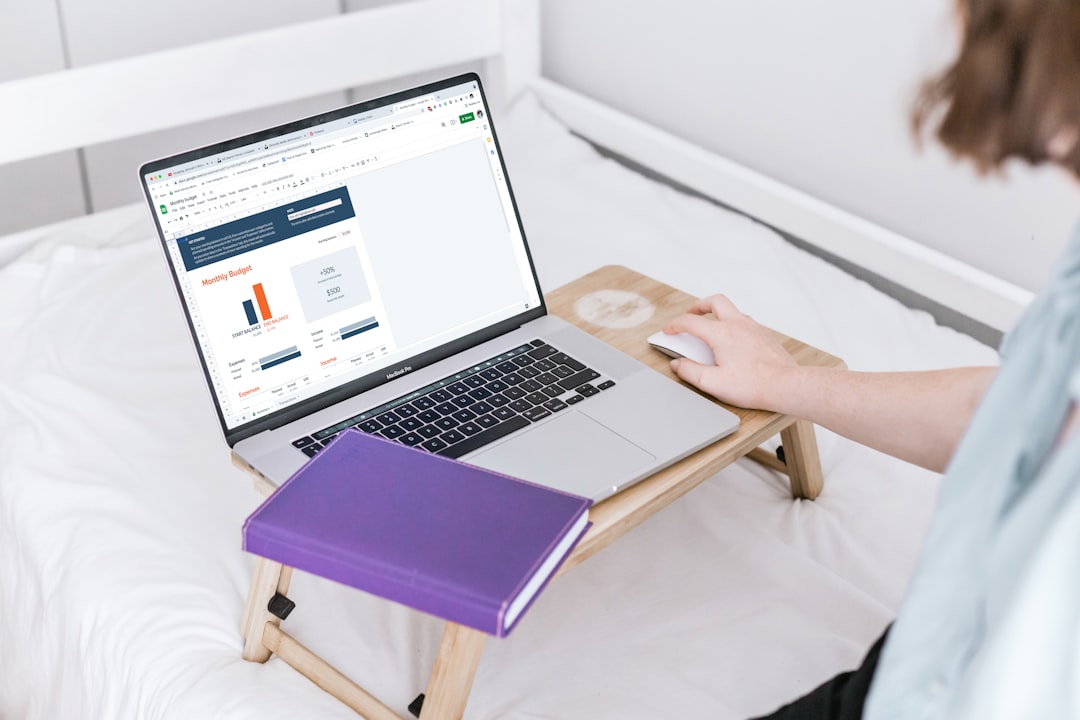Starting your own online store has never been easier. Whether you’re a solo entrepreneur, a hobbyist looking to turn your passion into profit, or someone testing the waters of e-commerce, choosing the right website builder is crucial. Thankfully, today’s website builders are built with beginners in mind and provide everything from drag-and-drop design tools to integrated payment processing—even when you’re not tech-savvy.
TL;DR — Best Website Builders for Beginners
If you’re launching an online store and aren’t sure which platform to choose, start with one of the top beginner-friendly website builders like Shopify, Wix, or Squarespace. These platforms offer intuitive interfaces, smart templates, and built-in tools for e-commerce. If you’re planning to scale quickly or want more features, Shopify might be your best bet. Wix is great for customization, while Squarespace offers polished design templates that stand out.
1. Shopify – The Gold Standard for E-Commerce
Shopify is probably the first name that comes to mind when you think of online stores—and for good reason. It was built specifically for e-commerce and offers one of the smoothest onboarding experiences for beginners.
- Ease of Use: Shopify’s interface is straightforward, guiding users from product addition to checkout setup step by step.
- Themes & Customization: Choose from 70+ themes, most of which are mobile-responsive and polished.
- Payment Integration: Shopify Payments, PayPal, Stripe, and more are available with a few clicks.
- Learning Resources: Shopify Academy and community support are excellent resources for learning as you build.
Best for serious store owners looking to scale or sell large inventories.

2. Wix – Drag and Drop Simplicity
Wix is one of the most user-friendly website builders out there. It’s perfect for those who want full control over their store’s look without needing to write any code.
With its intuitive drag-and-drop builder, you can click any element and customize it easily. Their ADI (Artificial Design Intelligence) tool can also generate a personalized site for you in minutes based on a few questions. This is a huge win for beginners who might be intimidated by endless settings.
- Product Types: Sell physical or digital products, services, or event tickets with ease.
- App Market: Enhance functionality with apps for customer reviews, live chat, and marketing tools.
- SEO Help: Wix provides built-in SEO guidance—a major plus for long-term success.
Best for beginners who want design flexibility and versatility in what they can sell.
3. Squarespace – For Beautiful, Brand-Focused Stores
If design is your top priority, Squarespace is a go-to choice. Known for its sleek and sophisticated templates, it’s ideal for artists, creators, and boutique store owners who value aesthetics.
The interface is minimal, with a smooth learning curve. Like Wix, it includes a drag-and-drop editor, and adding e-commerce functionality is as simple as switching plans.
- Template Quality: Squarespace templates are some of the most visually appealing on the market.
- Marketing Tools: Built-in email marketing, promotional pop-ups, and social media integrations.
- Mobile Optimization: All designs are automatically optimized for mobile shoppers.
Best for users who want a visually striking store with minimal setup burdens.

4. BigCommerce – An Enterprise Option for Beginners
Although BigCommerce leans more toward medium to large businesses, its guided setup process makes it surprisingly beginner-accessible. If you plan to expand quickly or want more built-in features out of the box, it’s worth considering.
BigCommerce doesn’t require as many third-party apps as some competitors, thanks to comprehensive built-in tools for shipping, taxes, and inventory.
- Multi-Channel Selling: Sell on Amazon, eBay, Facebook, and Instagram directly from your dashboard.
- No Additional Transaction Fees: A great benefit over some competitors.
- Theme Options: Include responsive templates built for speed and conversions.
Best for users who foresee future growth and want a scalable solution from day one.
5. Weebly – Budget-Friendly and Straightforward
Weebly (now owned by Square) is designed for absolute beginners, especially those seeking a budget-friendly path to launching an online store.
Its interface is a bit more simplified compared to Wix or Squarespace, but that’s a benefit if you’re trying to minimize complexity. You get good e-commerce tools, solid SEO options, and fast setup.
- Price: One of the most affordable options, particularly for small businesses or side hustles.
- Payments: Accept Square, Stripe, or PayPal payments with ease.
- Inventory & Tax Tools: Simple but effective tools for basic selling needs.
Best for users on a tight budget who still want an elegant and functional online store.
Important Features to Look for in a Beginner Website Builder
When selecting a platform, make sure it checks several important boxes beyond just ease of use:
- Mobile Optimization: Over 50% of traffic comes from mobile users. Your store must look great on phones and tablets.
- Customer Support: Live chat, forums, or even phone support can be a lifesaver when you’re just starting.
- SEO & Marketing: Look for built-in tools for Google optimization, email marketing, and social sharing.
- Security: SSL certificates and safe checkout experiences are non-negotiable.
Comparative Summary of Top Builders
| Platform | Main Strength | Best For | Price Range (Monthly) |
|---|---|---|---|
| Shopify | Powerful e-commerce functionality | Growing online stores | $39 – $399 |
| Wix | Design flexibility | Creative freedom and mixed product types | $27 – $59 |
| Squarespace | Aesthetic design templates | Visual brands and creatives | $23 – $65 |
| BigCommerce | Scalability and built-in features | Expanding e-commerce businesses | $39 – $105+ |
| Weebly | Affordability | Small stores or experiments | $13 – $29 |
Final Thoughts
Launching an online store as a beginner can feel overwhelming, but the right website builder takes much of the guesswork out of the process. In today’s fast-moving digital age, platforms like Shopify, Wix, and Squarespace understand that not everyone is a developer—and they’ve built tools to support that.
Before making a final decision, consider your goals, inventory size, technical skill level, and plans for future growth. Thankfully, most of these platforms offer free trials, letting you test the waters before committing. So don’t be afraid to experiment!

With the right foundation, your online store can be up and selling in no time. Happy building!